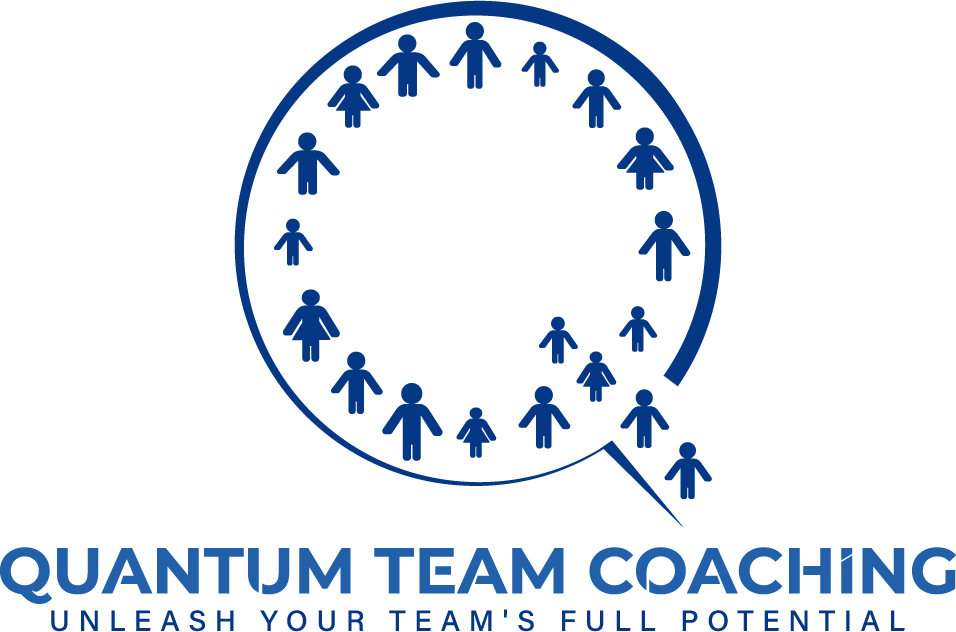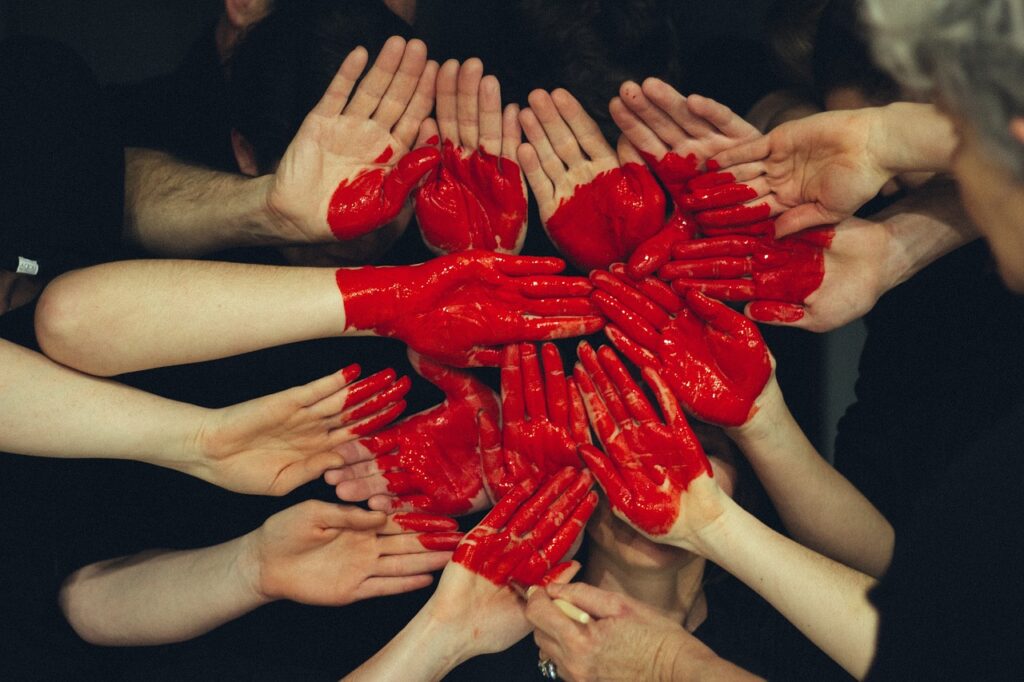Imagine a perfectly engineered machine, built with the finest materials and cutting-edge technology, but lacking one critical component—oil. Without oil, the gears grind against each other, creating friction, reducing efficiency, and ultimately leading to breakdowns. Now, picture another machine—perhaps not as advanced or powerful, but well-oiled, where every part moves smoothly and efficiently. This second machine, despite its potential limitations, performs at its best because it has what it needs to function harmoniously.
This analogy perfectly illustrates how teams work. Teams, like machines, need more than just technical skills and knowledge to operate effectively. They require something less tangible but equally vital—synergy. Synergy is the “oil” that ensures all parts of the team work together seamlessly, leading to better outcomes. And the key to creating this synergy lies in the development of soft skills.
The Importance of Synergy in Teams
Synergy in teams occurs when the combined efforts of individuals produce a result greater than the sum of their individual contributions. It’s what transforms a group of talented individuals into a high-performing team. However, achieving this level of collaboration doesn’t happen by chance. It requires the cultivation of specific soft skills that foster trust, communication, and mutual respect among team members.
In a team with strong synergy, members support one another, communicate effectively, and work toward shared goals with a sense of unity. These teams are resilient in the face of challenges, adaptable to change, and able to innovate and solve problems more effectively than teams lacking synergy.
Soft Skills: The Key to Unlocking Synergy
Soft skills, often referred to as interpersonal or people skills, are essential for creating and maintaining synergy within a team. These skills include communication, empathy, emotional intelligence, conflict resolution, and adaptability, among others. While technical skills are important for completing tasks, it is the soft skills that enable team members to collaborate effectively and achieve superior outcomes.
Communication: The Foundation of Synergy
Effective communication is the cornerstone of any successful team. It ensures that ideas are shared, feedback is given, and everyone is aligned with the team’s objectives. When communication flows smoothly, team members understand their roles, know what is expected of them, and can work together without unnecessary friction.
Soft skills development in communication helps team members articulate their thoughts clearly, listen actively, and provide constructive feedback. This not only enhances individual performance but also creates a cohesive team where everyone is on the same page. The result is a well-oiled machine where every gear turns smoothly, driving the team toward its goals.
Empathy and Emotional Intelligence: Building Stronger Connections
Empathy and emotional intelligence are critical for building strong interpersonal relationships within a team. Empathy allows team members to understand and relate to each other’s experiences, fostering a sense of belonging and mutual support. Emotional intelligence helps individuals manage their emotions and respond appropriately to the emotions of others, creating a positive and inclusive team environment.
When team members are empathetic and emotionally intelligent, they are more likely to work together harmoniously, even in high-pressure situations. These soft skills contribute to the overall synergy of the team by ensuring that everyone feels valued and understood, which in turn boosts morale and productivity.
Conflict Resolution: Turning Challenges into Opportunities
Conflicts are inevitable in any team, but how they are managed can make or break team synergy. Soft skills development in conflict resolution equips team members with the tools they need to address disagreements constructively. Instead of allowing conflicts to fester and disrupt the team’s dynamics, members can resolve issues quickly and amicably, turning potential roadblocks into opportunities for growth.
A team that is skilled in conflict resolution is better able to maintain its synergy, even when faced with challenges. By addressing conflicts head-on and finding solutions that work for everyone, the team can continue to operate smoothly and efficiently.
Adaptability: Thriving in a Changing Environment
In today’s rapidly changing work environment, adaptability is a crucial soft skill that enables teams to respond effectively to new challenges and opportunities. Teams with high synergy are those that can pivot quickly, adjust their strategies, and continue to perform well, regardless of the circumstances.
Soft skills development in adaptability helps team members embrace change, stay flexible, and support one another through transitions. This adaptability not only enhances the team’s ability to achieve its goals but also strengthens the overall synergy, as members work together to navigate change successfully.
Conclusion
Synergy is the “oil” that keeps a team’s gears turning smoothly, enabling it to perform at its best. While technical skills are important, they are not enough to create the level of collaboration and efficiency needed for true high performance. The development of soft skills—such as communication, empathy, conflict resolution, and adaptability—is essential for fostering synergy within a team.
By investing in soft skills training, organizations can transform their teams into well-oiled machines that work harmoniously and achieve superior outcomes. In the end, it’s not just about having the best parts—it’s about making sure those parts work together in perfect harmony. That’s the power of synergy, and that’s what soft skills development can do for your team.






